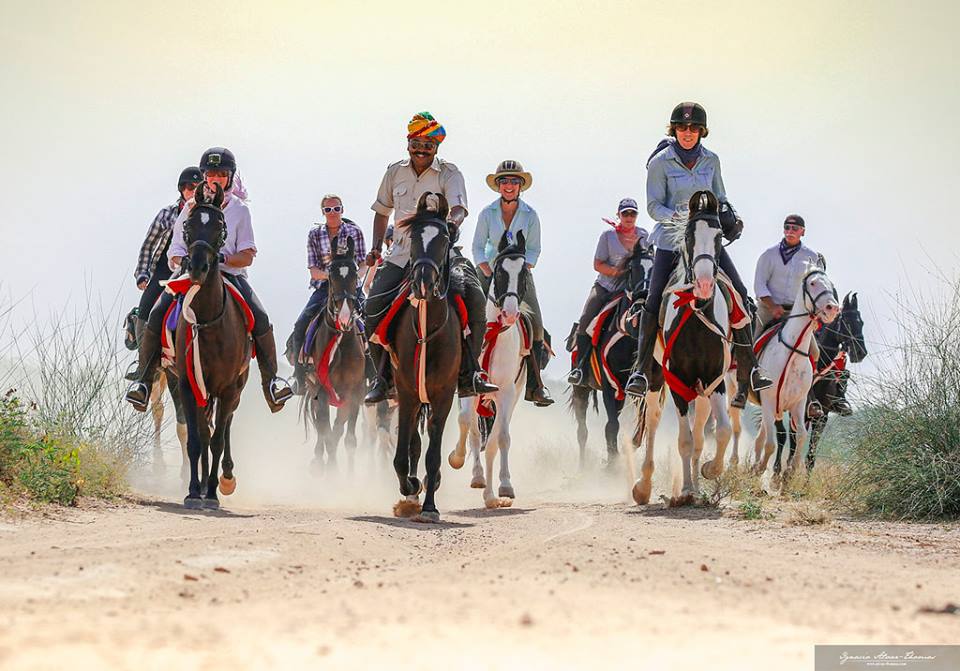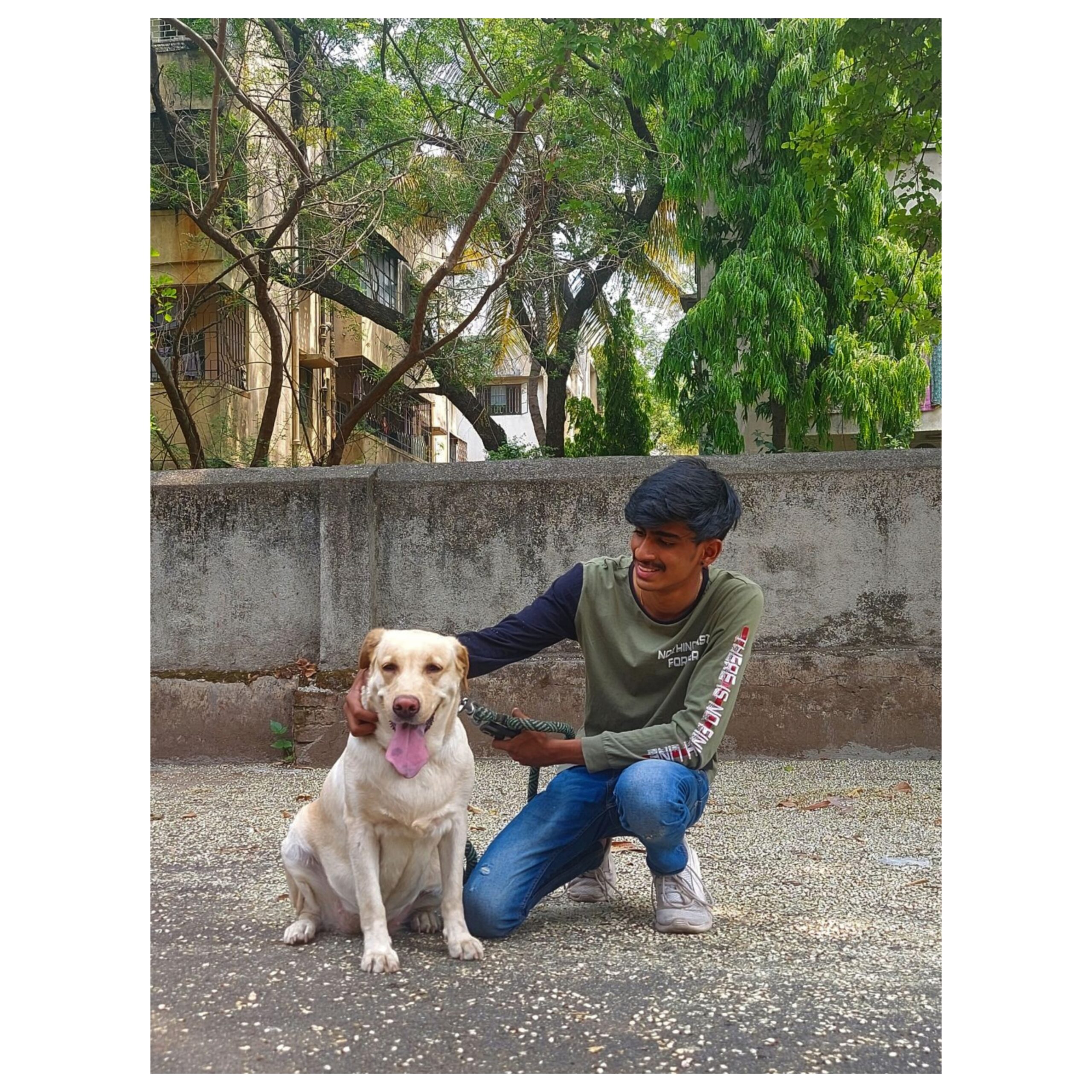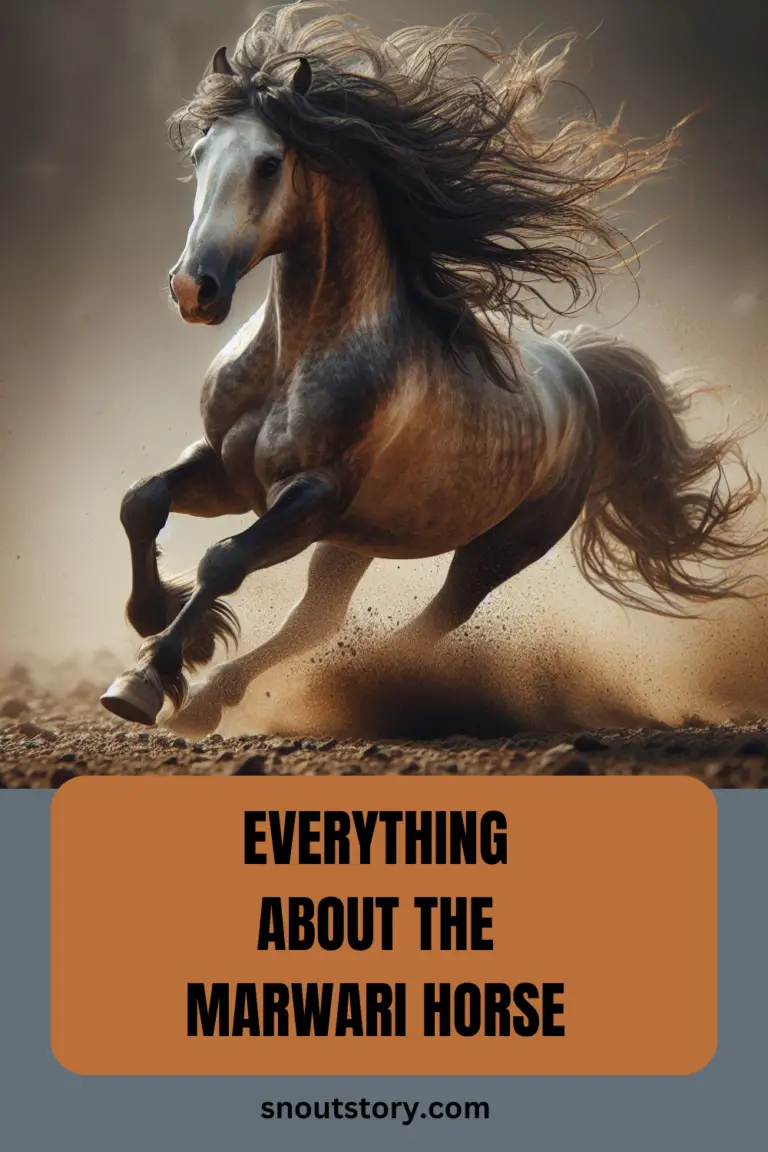Welcome to the Marwari horse care guide, where ancient tradition meets modern expertise! Nurturing these majestic creatures is a journey filled with dedication, patience, and love.
Marwari horses, known for their distinctive ears and graceful demeanor, require specialized care to thrive. In this guide, we’ll delve into the essential tips and techniques for ensuring the well-being of your Marwari companion.
From grooming routines to dietary considerations, exercise regimens to healthcare practices, we’ll explore every facet of Marwari horse care, offering practical advice and expert insights along the way.
Whether you’re a seasoned equestrian or a novice enthusiast, join us as we embark on this enriching journey of nurturing the Marwari horse breed to its fullest potential.
Grooming Essentials for Marwari Horses
Ensuring proper grooming for Marwari horses is essential to maintain their health, well-being, and stunning appearance. Start by brushing your horse regularly to remove dirt, debris, and loose hair, promoting healthy skin and coat.
Pay special attention to their long, flowing manes and tails, gently detangling any knots or mats to prevent discomfort. Trim their hooves every 6-8 weeks to prevent overgrowth and maintain proper balance and stability.
Additionally, bathe your Marwari horse occasionally using a mild equine shampoo, taking care to rinse thoroughly to prevent skin irritation. Finally, inspect your horse for any signs of skin issues, parasites, or injuries during grooming sessions, addressing any concerns promptly to ensure their continued health and happiness.
By incorporating these grooming essentials into your routine, you’ll not only enhance your Marwari horse’s appearance but also strengthen the bond between you and your equine companion.
Dietary Requirements and Feeding Guidelines for Marwari Horse

Feeding your Marwari horse a balanced and nutritious diet is crucial for maintaining their health and vitality. Start by providing them with high-quality hay or pasture grass as the foundation of their diet, ensuring they have access to fresh water at all times.
Supplement their forage with a commercial concentrate feed specifically formulated for horses, taking into account their age, activity level, and individual dietary needs. Monitor their body condition regularly and adjust their feed accordingly to prevent obesity or undernourishment. Additionally, incorporate a variety of fresh fruits and vegetables into their diet as treats or supplements, providing essential vitamins and minerals.
Remember to feed small, frequent meals throughout the day to mimic their natural grazing behavior and promote healthy digestion. By following these feeding guidelines and paying attention to your horse’s dietary requirements, you can ensure they receive the nutrition they need to thrive.
Exercise and Training Routines
Engaging your Marwari horse in regular exercise and training routines is essential for their physical health and mental well-being. Begin with daily turnout in a spacious pasture or paddock, allowing them to move freely and socialize with other horses.
Incorporate a variety of activities into their routine, such as lunging, longeing, and groundwork exercises to build their strength, flexibility, and coordination. Introduce regular ridden work, including both flatwork and jumping exercises, to develop their obedience, balance, and responsiveness to cues.
Vary their training sessions to keep them mentally stimulated and prevent boredom, while also allowing for adequate rest and recovery periods between workouts. Establishing a consistent training schedule and setting achievable goals will help you track their progress and ensure steady improvement over time.
By investing time and effort into their exercise and training regimen, you can foster a strong bond with your Marwari horse and help them reach their full potential as a happy and healthy equine companion.
Preventive Healthcare Measures for Marwari Horse

Maintaining preventive healthcare measures is crucial for ensuring the well-being and longevity of your Marwari horse. Start by scheduling regular veterinary check-ups to monitor their overall health and address any potential issues early on.
Implement a vaccination and deworming schedule tailored to their specific needs and the prevalent diseases in your area. Practice good stable management, including regular cleaning and disinfection of stalls, feeding areas, and water troughs to minimize the risk of infectious diseases.
Provide a balanced diet with high-quality forage and appropriate supplements to meet their nutritional requirements and support their immune system. Additionally, practice proper hoof care and dental maintenance to prevent common issues such as lameness and dental problems. By prioritizing preventive healthcare measures, you can help keep your Marwari horse healthy, happy, and thriving for years to come.
Understanding Marwari Horse Behavior
Understanding Marwari horse behavior is essential for building a strong bond and effective communication between you and your equine companion. Marwari horses, known for their intelligence and sensitivity, often exhibit unique behavioral traits that require patience and understanding.
They are known to be loyal and affectionate towards their owners but may also display independent tendencies, requiring a balanced approach to training and handling. By observing your Marwari horse’s body language and vocalizations, you can better interpret their emotions and needs, allowing you to tailor your interactions accordingly.
Establishing trust and mutual respect through consistent and gentle handling techniques is key to fostering a harmonious relationship with your Marwari horse, ensuring a rewarding partnership built on trust and mutual understanding.
Creating an Ideal Living Environment
Creating an ideal living environment for your Marwari horse involves several key considerations to ensure their health, comfort, and well-being. Start by providing ample space for them to move freely, as Marwari horses are known for their energetic nature and benefit from regular exercise.
A spacious and well-ventilated shelter is essential to protect them from harsh weather conditions, such as extreme heat or cold. Additionally, ensure access to clean and fresh water at all times to prevent dehydration and support proper hydration. Maintaining a clean and tidy environment is crucial to minimize the risk of diseases and parasites, so regular stall cleaning and pasture maintenance are essential tasks.
Offering high-quality forage and balanced nutrition tailored to their specific dietary needs is also vital for their overall health. Finally, providing mental stimulation and social interaction through turnout with compatible companions or enrichment activities can contribute to their mental and emotional well-being. By addressing these aspects, you can create an optimal living environment that promotes the health and happiness of your Marwari horse.
Recognizing Common Health Issues in Marwari Horse
Recognizing common health issues in Marwari horses is crucial for proactive care and early intervention to maintain their well-being. One prevalent issue is lameness, often caused by conditions like hoof abscesses, laminitis, or joint problems, which can be identified through careful observation of gait abnormalities, reluctance to move, or swelling in the limbs.
Another concern is colic, characterized by symptoms such as pawing, rolling, or signs of discomfort, which may indicate digestive disturbances or blockages. Skin conditions like rain rot or fungal infections are also common and can be spotted by noticing changes in coat texture, hair loss, or the presence of scabs. Respiratory issues such as coughing or nasal discharge may signify respiratory infections or allergies, while dental problems like uneven wear or difficulty chewing can affect their ability to feed properly.
Regular veterinary check-ups, along with attentive monitoring of behavior and physical condition, are essential for promptly addressing any emerging health issues and ensuring the continued health and vitality of Marwari horses.
Bonding and Building Trust with Your Marwari Horse

Building a strong bond and trust with your Marwari horse is a journey that requires patience, consistency, and understanding. Begin by spending quality time together, engaging in activities such as grooming, groundwork exercises, or simply being present in their presence.
Establish clear communication through body language, voice cues, and gentle touch, allowing your horse to feel safe and understood. Consistency in your interactions and routines will help build trust over time, as your horse learns to rely on you for care and guidance.
Be attentive to their needs and emotions, respecting their boundaries while encouraging positive behavior with rewards and praise. Building a strong bond with your Marwari horse not only enhances your relationship but also fosters a deeper connection that will enrich both your lives together.
Recommended
9 Best Horse Western Saddles For All Season Riding (Review and Buyers Guide)
7 Worst Horse Breeds for Beginners (Toughest To Train)
11 Best Horse Breeds for Beginners (Easiest To Train)
8 Tips On How To Train And Ride Marwari Horse
The Marwari Horse: A Complete Breed Guide

Vedant Narvekar is an experienced digital marketing expert with a profound love for nature and animals. With a career rooted in leveraging online platforms to drive engagement and promote meaningful causes, Vedant’s passion for animals inspired him to start Snout Story—a blog dedicated to educating people about pet keeping and sharing proper knowledge about caring for animals. Drawing on his expertise in digital marketing, Vedant utilizes his platform to advocate for responsible pet ownership, providing valuable insights on pet care, training, nutrition, and more. Through Snout Story, Vedant aims to empower pet lovers with the information they need to provide the best possible care for their furry companions, while also fostering a deeper appreciation for the natural world and the creatures that inhabit it.






